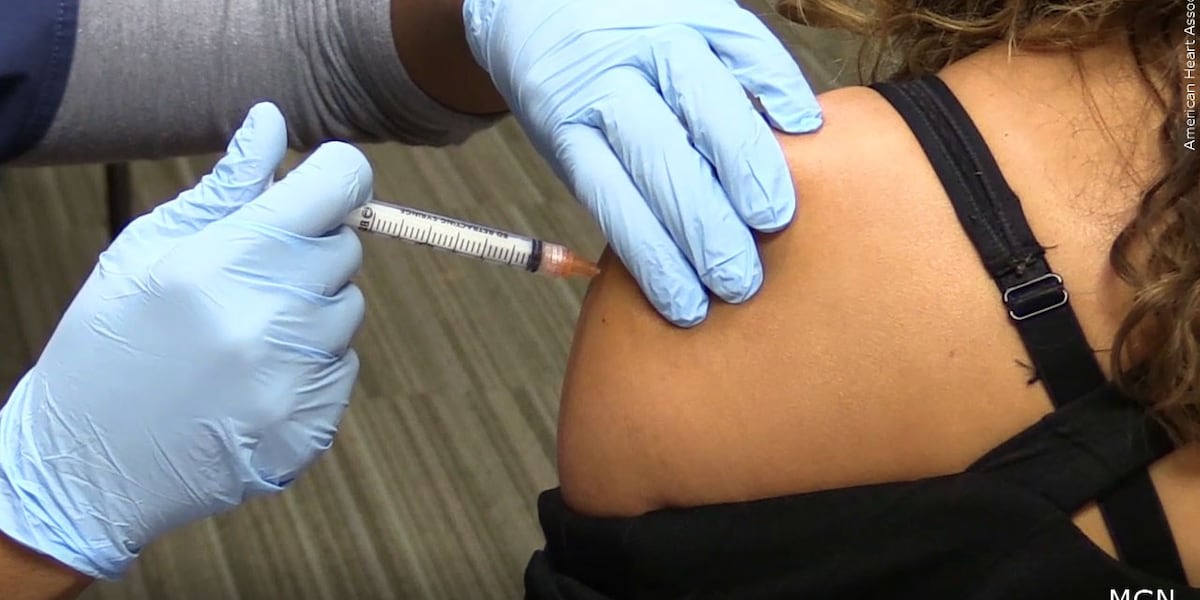AI Predicts Baby's Birth Date with 95% Accuracy from Ultrasound Scans – A Game-Changer for Indian Parents?

Exciting news for expectant parents in India! A groundbreaking study suggests that artificial intelligence (AI) can now predict a baby's birth date with remarkable accuracy – a staggering 95%. This could revolutionize prenatal care and provide families with invaluable peace of mind.
Traditionally, determining a due date has relied on the first day of the mother’s last menstrual period, which isn't always precise. Ultrasound scans offer a more detailed view of fetal development, but interpreting them accurately can be subjective and prone to human error. This is where AI steps in.
How Does it Work?
Researchers trained an AI algorithm on a vast dataset of ultrasound scans and corresponding birth dates. The AI learned to identify key developmental milestones visible in the scans – things like the baby’s size, position, and the length of certain bones. By analyzing these features, the AI can predict the gestational age with far greater precision than traditional methods.
The Study Findings: A Significant Leap Forward
The study, published in a leading medical journal, involved a large cohort of pregnant women. Results showed that the AI’s predictions were significantly more accurate than those based solely on menstrual dates. This improved accuracy could lead to better planning for childbirth, reduced anxiety for expectant parents, and potentially even a decrease in unnecessary interventions like early inductions.
Why is this particularly relevant for Indian Parents?
In India, access to advanced prenatal care can be variable. This AI-powered tool has the potential to democratize access to accurate due date predictions, particularly in regions where specialized medical expertise is limited. It could also empower women to make more informed decisions about their pregnancy and childbirth journey.
Beyond the Due Date: Potential for Early Detection of Issues
The AI’s ability to analyze ultrasound scans goes beyond just predicting the due date. It also holds promise for early detection of certain fetal abnormalities. By identifying subtle deviations from the norm, the AI could alert healthcare providers to potential issues, allowing for timely intervention and improved outcomes.
The Future of Prenatal Care
While this technology is still in its early stages, the potential impact on prenatal care is enormous. As AI algorithms become more sophisticated and datasets grow larger, we can expect even greater accuracy and a wider range of applications. This is a significant step towards personalized and data-driven prenatal care, ultimately benefiting both mothers and babies.
Disclaimer: It's important to remember that this AI prediction is not a guarantee. Birth dates can still vary, and individual circumstances play a crucial role. Always consult with your healthcare provider for personalized advice and care.






